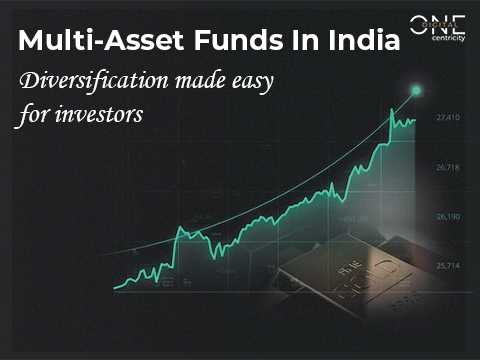NPS vs VPF: Which is better for planning your golden years?
17th November 2023 | Author : Centricity

“Do something today that your future self will thank you for!” - Sean Patrick
Imagine yourself relaxing at a beach with a glass of margarita in your hand and a beautiful sunset during your retirement years. No more stress over an upcoming presentation or preparing yourself for a meeting.
Just you and your thoughts, enjoying the amazing view!
Sounds nice, right?
Well, this isn't just a daydream. With the right retirement planning strategies, you can enjoy a life of financial security, stress-free living, and more time to do the things you love.
When it comes to retirement planning, the word 'pension' is synonymous with the concept. The financial market is filled with multiple options for you to invest in for your retirement years.
Today we’ll be discussing the NPS (National Pension Scheme) & VPF (Voluntary Pension Fund).

Difference between NPS vs. VPF
In comparison to VPF, the returns of NPS are higher. VPF may be the better choice if you are a risk-averse investor seeking assured returns. In the meantime, the NPS might be a good choice if you're a long-term investor who doesn't mind taking chances in exchange for higher returns.
Even though both plans are appropriate for retirement, you should consider your goals, investing horizon, and risk tolerance before choosing a plan.
Let’s check out their basic differences!

Which is the better option for retirement?
Depending on your comfort level with risk and preference for simplicity, you can choose between the National Pension System (NPS) and the Voluntary Provident Fund (VPF) for your retirement. VPF is comparable to a dependable savings account in that it is stable and has a government-mandated fixed interest rate. It's simple and safer for your money, so it's a fantastic option for people who choose a low-risk, predictable approach to retirement savings.
However, NPS is similar to stock market investments in that it has fluctuations in value but also has the potential for larger profits. It gives you more control over where your money is spent, but it also means you have more options.
If you would rather have a simpler strategy and the certainty of a fixed return,
Disclaimer: The above information should not be relied upon for personal or financial decisions, and you should consult an appropriate financial professional for specific advice. The information presented under our newsletter and blogs is solely for informational purpose.

Thematic Funds in India: A Growing Trend in Investment!
30th January 2025

Are you investing in SIPs smartly ?
21st January 2025

Multi-Asset Funds in India: Diversification Made Easy for Investors
16th December 2024

Multi-Cap vs Flexi-Cap Mutual Funds: Where to Invest in 2024?
26th September 2024


